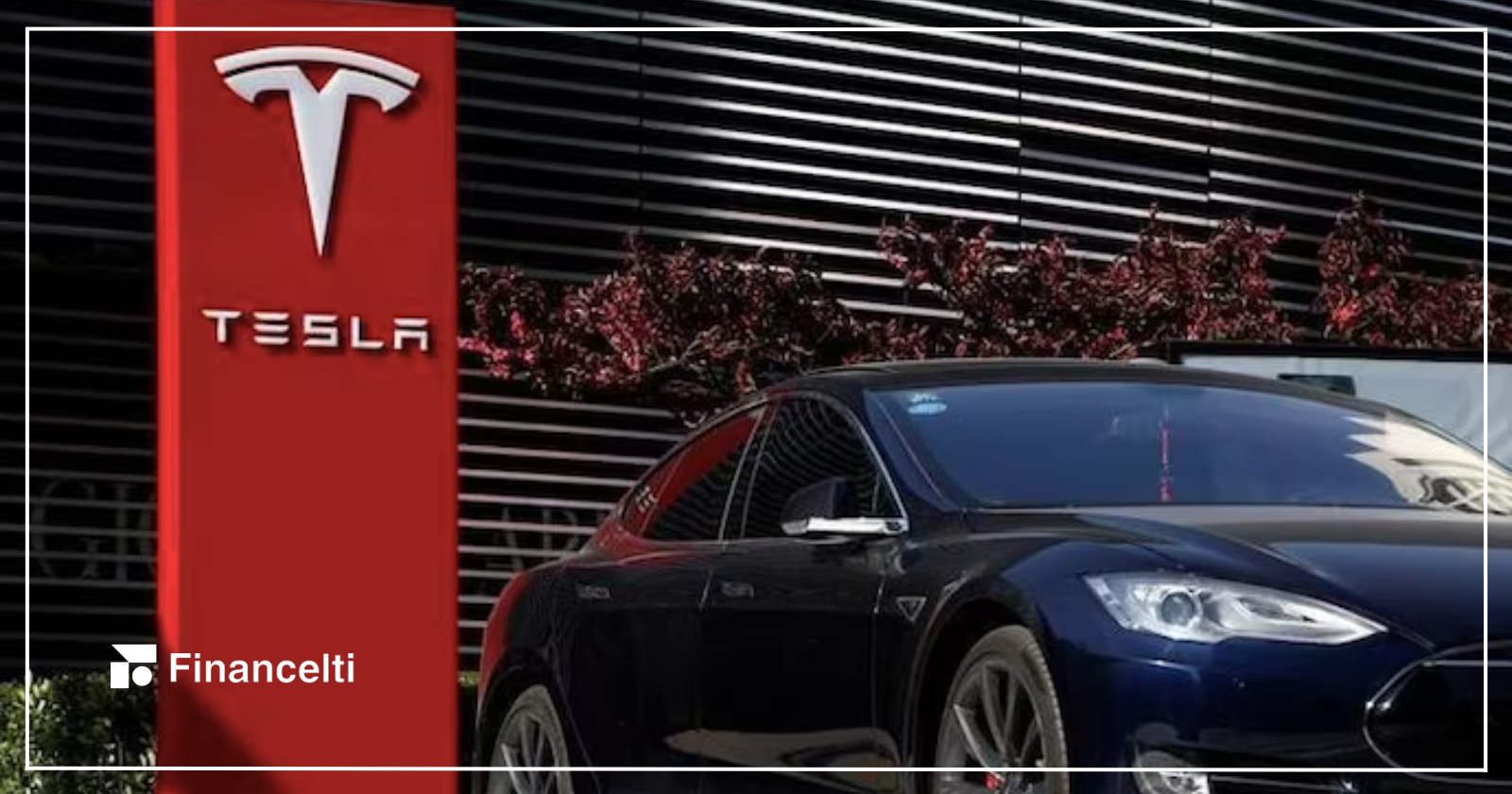Table of Contents
Introduction to Tesla’s Mega Investment
Tesla, the renowned US electric car manufacturer led by Elon Musk, is poised to make a significant investment of $2 billion in setting up a local factory in India. However, this investment is contingent upon the Indian government’s approval of a concessional duty of 15% on imported vehicles during the initial two years. Tesla has submitted a detailed proposal to the government, outlining the correlation between the investment amount and the number of cars it can import at a lower duty rate.
If the government agrees to extend the concession on tariffs, Tesla is willing to invest $500 million for 12,000 cars and potentially increase the investment to $2 billion for 30,000 cars. Furthermore, Tesla has expressed its commitment to localize a portion of the value of made-in-India cars, starting with 20% in two years and potentially increasing to 40% in four years. Government officials are currently evaluating the viability of the $2 billion upper limit proposed by Tesla.
Tesla’s Investment Proposal
Tesla’s proposal to the Indian government seeks to establish a local factory in the country, which would require a concessional duty of 15% on imported vehicles during the first two years. The company’s investment plans are directly linked to the number of cars it can import at a lower duty rate. The proposal suggests an investment of $500 million if the concession is applied to 12,000 cars. However, Tesla is willing to increase the investment to $2 billion if the concession is extended to 30,000 cars. This highlights the company’s intention to align its investment with the potential market demand for its electric vehicles in India.
In addition to the investment amount, Tesla has also expressed its commitment to localize a portion of the value of cars manufactured in India. The proposal indicates that Tesla aims to achieve 20% localization within two years and potentially increase it to 40% within four years. This demonstrates Tesla’s willingness to contribute to the Indian economy by promoting local manufacturing and job creation.
Government’s Evaluation and Potential Concessions
Government officials are currently examining the viability of Tesla’s proposed $2 billion investment. While the government has not yet disclosed the details of its evaluation, it is considering various factors, including the reduction in the number of cars eligible for concessional duty and the potential increase in tariff concessions for electric vehicles (EVs) in the coming years.
One option being considered is imposing a concessional tariff on 10% of the total projected EV sales in India for the current financial year, with a potential increase of 20% for the next fiscal year. This approach would ensure that the concessions are distributed more broadly across the EV market, benefiting multiple manufacturers. It also aligns with the government’s goal of promoting EV adoption and supporting domestic manufacturing.
Electric Vehicle Market in India

The Indian government has been actively promoting the adoption of electric vehicles to reduce pollution and dependency on fossil fuels. According to government estimates, around 50,000 EVs were sold in the financial year 2022-2023, and this number is projected to reach 100,000 units by the end of the financial year 2023-2024. These figures indicate a growing market for electric vehicles in India, making it an attractive destination for global EV manufacturers like Tesla.
Also Read: India’s Electric Vehicle Landscape: A Comprehensive Business Case Study
Potential Benefits of Tesla’s Investment
Tesla’s potential investment of $2 billion in India’s manufacturing sector could have significant positive implications for the country’s economy and the EV industry. Here are some potential benefits:
- Job Creation: Tesla’s investment would create employment opportunities in various sectors, including manufacturing, supply chain management, and research and development. This would contribute to the government’s initiatives to boost job creation and skill development.
- Local Manufacturing: Tesla’s commitment to localizing a portion of the value of cars produced in India aligns with the government’s vision of promoting domestic manufacturing. It would encourage the development of a robust ecosystem of suppliers and manufacturers, leading to increased self-sufficiency in the EV industry.
- Technology Transfer: Tesla’s entry into the Indian market would facilitate the transfer of advanced electric vehicle technologies, benefitting the local industry and potentially accelerating the development of indigenous EV solutions.
- Infrastructure Development: Tesla’s investment could drive the development of charging infrastructure across the country, addressing one of the key challenges in promoting the widespread adoption of electric vehicles.
Conclusion
Tesla’s readiness to infuse $2 billion into setting up a local factory in India demonstrates its confidence in the potential of the Indian market and the government’s commitment to supporting the EV industry. The government’s evaluation of Tesla’s proposal and potential concessions on import duties will play a crucial role in determining the feasibility of this investment. If approved, Tesla’s investment could have far-reaching positive impacts on the Indian economy, including job creation, technology transfer, and the development of a robust EV ecosystem. As the Indian government continues to prioritize clean and sustainable transportation, the entry of global EV manufacturers like Tesla could accelerate the adoption of electric vehicles and drive India towards a greener future. Read More.





